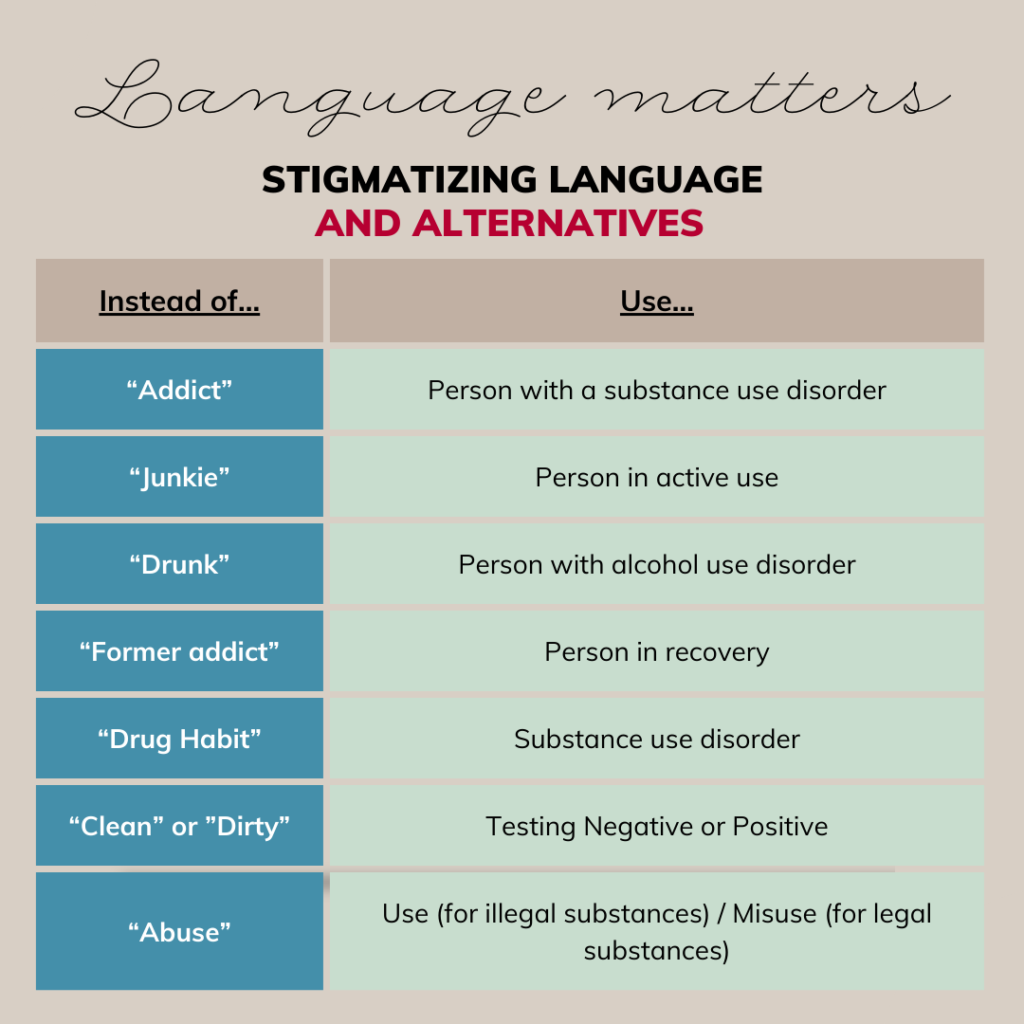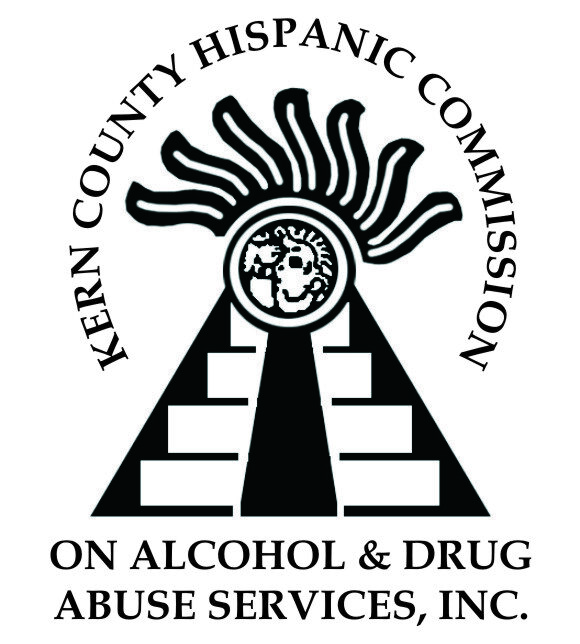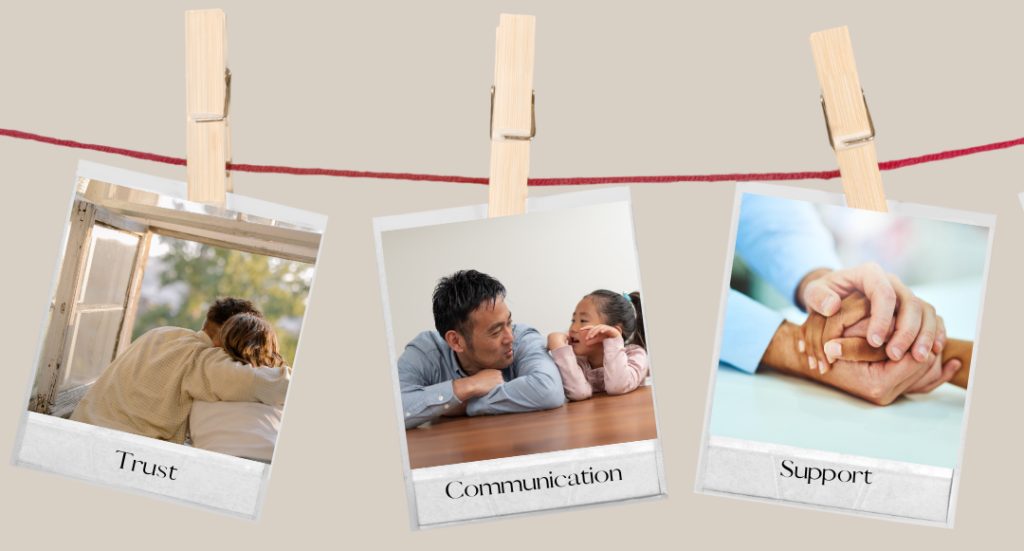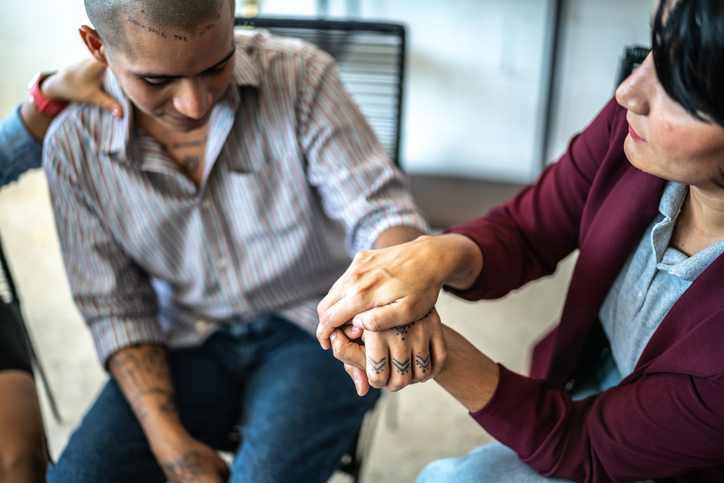Substance use disorders have long been shrouded in stigma, perpetuating misconceptions and hindering the path to recovery for many individuals. Breaking the stigma can help foster understanding and compassion for those grappling with substance use disorders.
The Complex Nature of Substance Use Disorders
Substance use disorders are complex conditions that affect the brain and behavior of individuals. It’s essential to recognize that addiction is not a moral failing but rather a medical condition with biological, psychological, and environmental factors at play. Breaking the stigma begins with understanding the complexity of these disorders.
Dispelling Myths
One of the first steps in breaking the stigma surrounding substance use is dispelling myths. Common misconceptions often include the belief that addiction is solely a choice, that willpower alone can overcome it, or that it only affects certain demographics. By debunking these myths, we can pave the way for a more empathetic and informed perspective.
The Importance of Language
Language plays a crucial role in shaping societal attitudes towards substance use. Stigmatizing language can perpetuate negative stereotypes and hinder individuals from seeking help. Below is a chart showing some examples of of stigmatizing language along with alternatives that foster understanding and support for people with substance use disorders.

Realities of Recovery
Recovery is a journey, not a destination. It’s essential to highlight the courage and resilience required for individuals to embark on the path to recovery. Sharing stories of successful recovery can inspire hope and challenge preconceived notions about the possibilities of overcoming addiction.
Support Systems and Community
Breaking the stigma requires a collective effort. Establishing strong support systems and communities is vital for individuals in recovery. Check out our article exploring the role of family, friends, and communities in providing the necessary encouragement and understanding for those on the path to recovery.
Treatment Options and Resources
Highlighting available treatment options and resources is crucial in breaking the stigma. From therapy and counseling to medication-assisted treatment, understanding the diverse approaches to recovery can empower individuals to make informed decisions about their health.
The Role of Education
Education is a powerful tool in dispelling myths and reducing stigma. By promoting awareness and understanding of substance use disorders, we can create a more compassionate and supportive society. Many times, people are afraid of what they don’t know; education can aid in breaking down barriers and fostering empathy for others.
Breaking the stigma surrounding substance use and recovery is a collective responsibility. By understanding the complexities of addiction, dispelling myths, using non-stigmatizing language, sharing stories of recovery, building supportive communities, highlighting treatment options, and promoting education, we can contribute to creating a society that supports individuals on their journey to recovery. It’s time to replace judgment with compassion and misconception with understanding. Together, we can break the stigma and build a more inclusive and empathetic world for those affected by substance use disorders.
Want to support our work?






